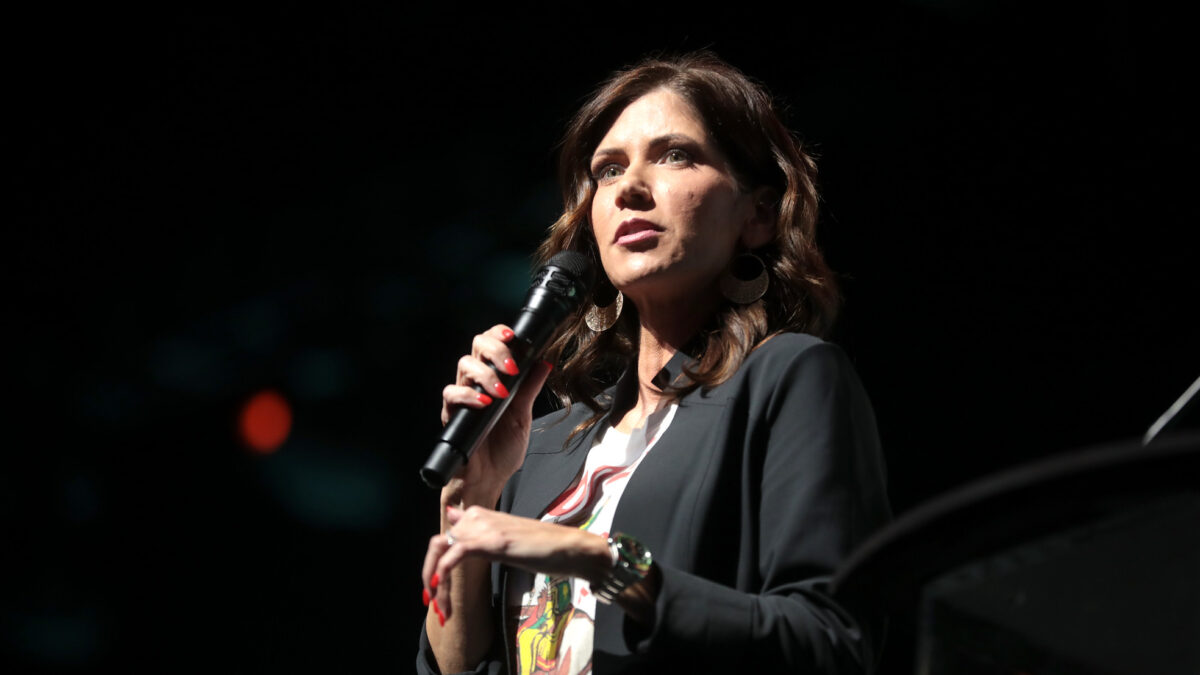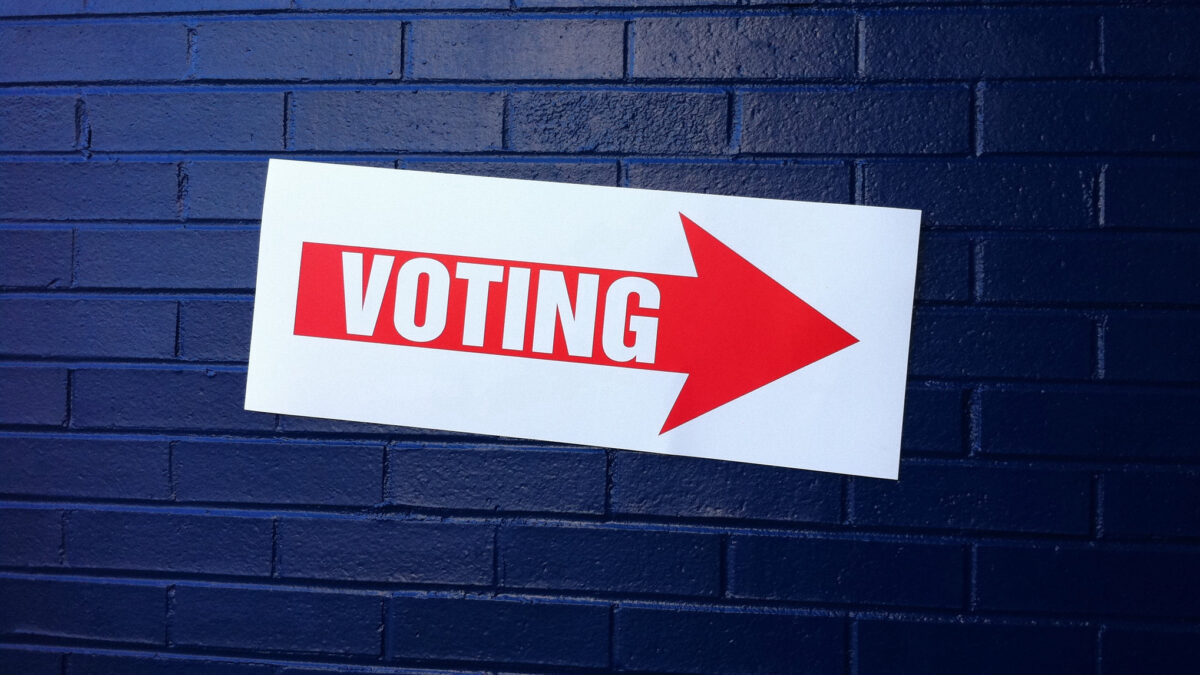
Dylan Farrow began and ended her damning case against her father, filmmaker and serial award-winner Woody Allen, with a query: “What’s your favorite Woody Allen movie?”
It’s a scathingly rhetorical question aimed especially at those who brush off Farrow’s reports that Allen sexually assaulted her as a child. Dylan Farrow’s open letter – published Saturday on Nicholas Kristof’s New York Times blog – describes Woody Allen secretly taking her into an attic to indulge his sexual appetites when she was just seven years old. She also writes that Allen’s behavior towards her was habitually yucky before then. And that a criminal case was never prosecuted even though the State of Connecticut found probable cause.
Whatever your reaction, there can be no doubt of one thing: Dylan Farrow bids us to feel the suffering of any child – any person — who has been violated in body and soul, and then made to watch as the world heaps praises upon the violator.
“Imagine a world that celebrates her tormentor,” Dylan implores. Indeed, there’s something utterly wrong with such a picture.
And that’s really the heart of this matter. Farrow’s point goes far beyond whether or not you believe her. It’s really all about the noxious effects of idol worship. We’ve allowed the virus of idolatry to infect society as never before. The symptoms are cult-like behaviors that end up coddling the guilty while pulling the innocent into a vortex where they get sucked down the drain.
Parallels with Cult Behavior?
Humans have a strong tendency to ignore the proverbial elephant in the room if everyone else is doing same. Even when something seems grossly remiss, the instinct to find safety in the herd and follow the leader too often trumps any urge to mention something that’s wrong. And if someone does note it, often others will rationalize to quiet things down and protect the center of power.
This isn’t rocket science. We can see every day how people constantly take cues from the behavior of those around them. Especially key are the reactions of the people who are close to the center of power (in Farrow’s case, that would be someone like Diane Keaton, a close associate of Allen’s for decades.) But such folks tend to be so invested in and dependent upon the success of the central cult figure, that they’ll promote the illusion of his status under any circumstances. That is, until and unless there is a strong power shift in the inner circle.
In the meantime, people tend to just go with the flow. When they won’t shift course, even in the face of certain injury or tragedy, we might say they’re “drinking the Kool-aid.” The source of that idiom is very instructive even if it’s maybe the most extreme example of groupthink in recent times. It comes from the 1978 Jonestown massacre-suicide in Guyana where 909 followers of the charismatic People’s Temple cult leader Jim Jones obeyed his command to commit “revolutionary suicide” by drinking Kool-aid mixed with potassium cyanide.
But the intense madness of the original Kool-aid drinking should offer us all an edifying lesson about the futility of giving in to a groupthink mentality when it comes to opinion polling or anything else. Ultimately, there’s no safety in a lemming mindset. Sooner or later, we end up going over the cliff.
Elitists and the Expendability of the Lives of Others
Just as Mary Jo Kopechne drowned in the car abandoned by Ted Kennedy at Chappaquiddick, so those of lesser status are expendable to insure the power of the elites. In fact, a short time after that tragedy, citizens of Massachusetts expressed a high level of loyalty and support for Kennedy. For Mary Jo, we can only hear faint echoes of Annie Hall in the eponymous movie chanting: “La de da. . . . La de da.”
Whenever someone gains cult-like status, they’re freer to abuse their power and position and lord it over others. So it’s always dangerous to give it to them. The venerated folk singer Peter Yarrow remained revered even after convicted of making sexual advances to a 14-year-old girl who sought his autograph. Though he later claimed to regret it as an “indiscretion” for which he was “nailed,” the incident didn’t really affect his career in the long run.
Consider also the case of the internationally hailed director Roman Polanski who raped a 13-year-old girl. After he fled the United States, he retained his admirers and defenders – among them Woody Allen – and continued to make movies and win awards. They’re all looking for immunity that protects their self-absorption and absolves them from the indignities they heap on others.
We might also ponder the peculiar acclaim and adulation of best-selling author, the late Gore Vidal. It seems Vidal never ceased to drip with contempt and abuse for virtually everyone in his line of sight or mind. Interestingly, last year a reporter for the Daily Beast wrote that Vidal was “convinced and genuinely afraid, I discovered, that [William F.] Buckley had evidence he had had sex with underage boys.” The article also noted that Vidal bragged of having sex with – i.e., using as commodities — a thousand men before he was 25.
Of course, the list of celebrated users and abusers goes on and on. The world has a habit of cultivating the mystique of the powerful and sweeping under the rug their crimes along with their victims. As an aside, an interesting question to contemplate is this: Why do so many Hollywood and media elites (like Gore Vidal) profess such a disdain for America, such a distaste for the core American traditions, values, and ideals of freedom? Could it possibly be that a true pledge to “liberty and justice for all” cramps their ability to dictate who should be free and what constitutes justice?
The Nietzschean Power of Elites
If nothing else, Dylan Farrow’s letter is a wake-up call. It’s time for us to pour a lot of cold water on the notion that the elites – those controlling the media, Hollywood, politics, and academia — are entitled to a separate standard of behavior or a separate moral code from everybody else. The biggest equality gap today is really one of accountability and personal responsibility.
It seems that the elites are determined to write all of the scripts and do all of the casting in order to dictate who may say what in the public square. Political correctness is the tool to whip all of us extras into memorizing our lines. Or into just shutting up and doing what we’re told. What’s at stake is the survival of a moral code that strives for equal protection. The alternative is the transformation of that moral code into a permanent double standard that insures nothing more than the perpetual power of the core elite. It’s a Nietzschean thing that we don’t quite yet understand.
Dylan Farrow describes the despair of one who is stuck in this Nietzschean panorama. It’s indeed a world that celebrates your tormentor, in which the “Superman” or ubermensch with the victorious Will to Power can rule by whim over everyone else. It’s an amoral world. There’s no room for individual integrity or dignity or free choice in it. You are expected to comply with whatever alternative reality your ruler wishes to impose on you. There’s no way out.
Today’s elitism and cult of celebrity are a deadly combination, a dangerously slippery Nietzschean slope. When massaged by adulation of the masses, the anointed are freer to adopt a proprietary attitude towards the lives of others. If you try to place checks on their power or insist on your own individual freedom, you become suspect and a threat. This is likely why the elites of our time push so hard for political correctness: to control what you may say, what you may do, and what you may think. Ultimately, this leads to dictating the personal relationships of everyone around them, adopting an attitude not unlike a high school queen bee.
Dictating Relationships Is What Little Gods Do
When Woody Allen decided that it was okay to indulge in a sexual relationship with his stepdaughter Soon-Yi Previn, he revealed far more than his contempt for traditional sexual taboos. He was making the narcissistic point that he was above it all, kind of like the attitude of the Judah character in Allen’s anti-Dostoyevsky movie Crimes and Misdemeanors. (Judah had a hit man kill his girlfriend before she could tell his wife about their affair. Judah felt some guilt, but then worked through it, and went on to continue enjoying his elitist professional life in Manhattan.)
According to the feature written by Maureen Orth in Vanity Fair after the scandal broke in 1992, Mia Farrow “made the discovery of Allen’s affair with Soon-Yi when she found a stack of Polaroids taken by him of her daughter, her legs spread in full frontal nudity . . . each managed to contain both her daughter’s face and vagina.”
How could Woody Allen take such liberties with a stepdaughter while enjoying international fame and adulation? Playwright Leonard Gershe, though a friend of Mia Farrow’s, was able to explain this seemingly Nietzschean phenomenon flawlessly:
Woody Allen is a chilling figure of power, a potentate of reel life who doesn’t seem to have to play by the rules. “This man is so exalted in the business—no one has the position he has. . . . I think when you get up into that stratosphere you no longer have to pay attention to the law of gravity. Regular morals, conscience, ethics—that’s for slobs like you and me.” The effect, says Gershe, “spills over into real life. He’s treated like a little god, and little gods don’t have to do what everybody else does.”
Lines and Spiders and Buicks (Oh, My?)
In fact, little gods are users and takers of whatever they feel like using and taking. It could be something big like an industry, or like a person and his dignity. Or it could be a little thing, like maybe just a punchline.
Which leads me to ask: What’s your favorite Woody Allen line? For some folks it’s in the funny scene from the 1977 Academy Award winning Annie Hall in which Woody Allen says to Diane Keaton: “Honey, there’s a spider in your bathroom the size of a Buick.”
Do a Google search of that line and you’ll see lots fan appreciation and accolades on the witty brilliance of it all, and how Woody Allen introduced this new idiom into the language.
But that line in Annie Hall fell flat with me.
Consider a slightly different take: “I seen spiders could stop a Buick.”
I listened to “I seen spiders could stop a Buick” — recited night after night – while I rehearsed and performed in a community theater production of A View from the Bridge. Arthur Miller – whom Allen has identified as a huge influence on him — published that play at least 22 years before Annie Hall was released.
So when I heard Allen say “Honey, there’s a spider in your bathroom the size of a Buick,” it just sounded like a cheap rip off to me.
Of course, I ought not trouble my little head about such things from pre-internet days. It’s just a little thing, another little entitlement for little gods. Not for little people like you and me.
Stella Morabito is just getting started with Twitter. You can follow her here.









